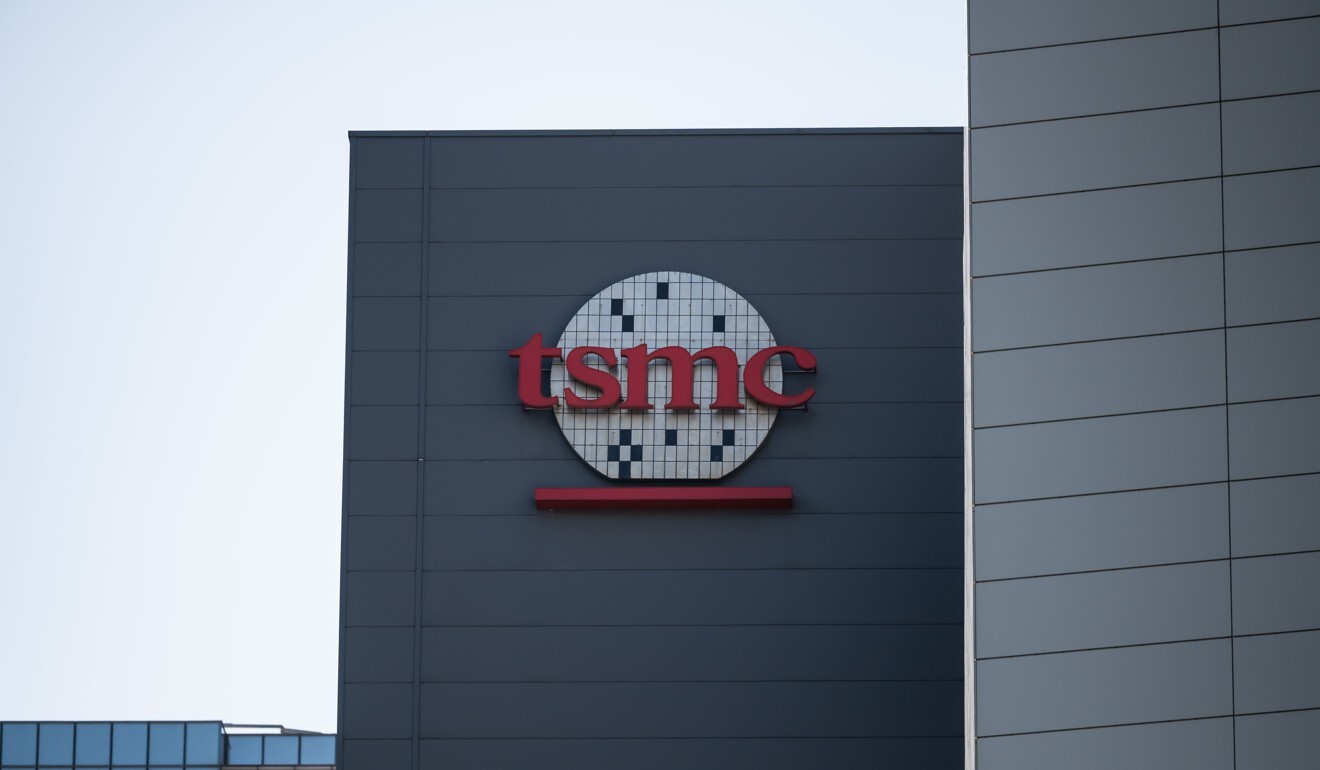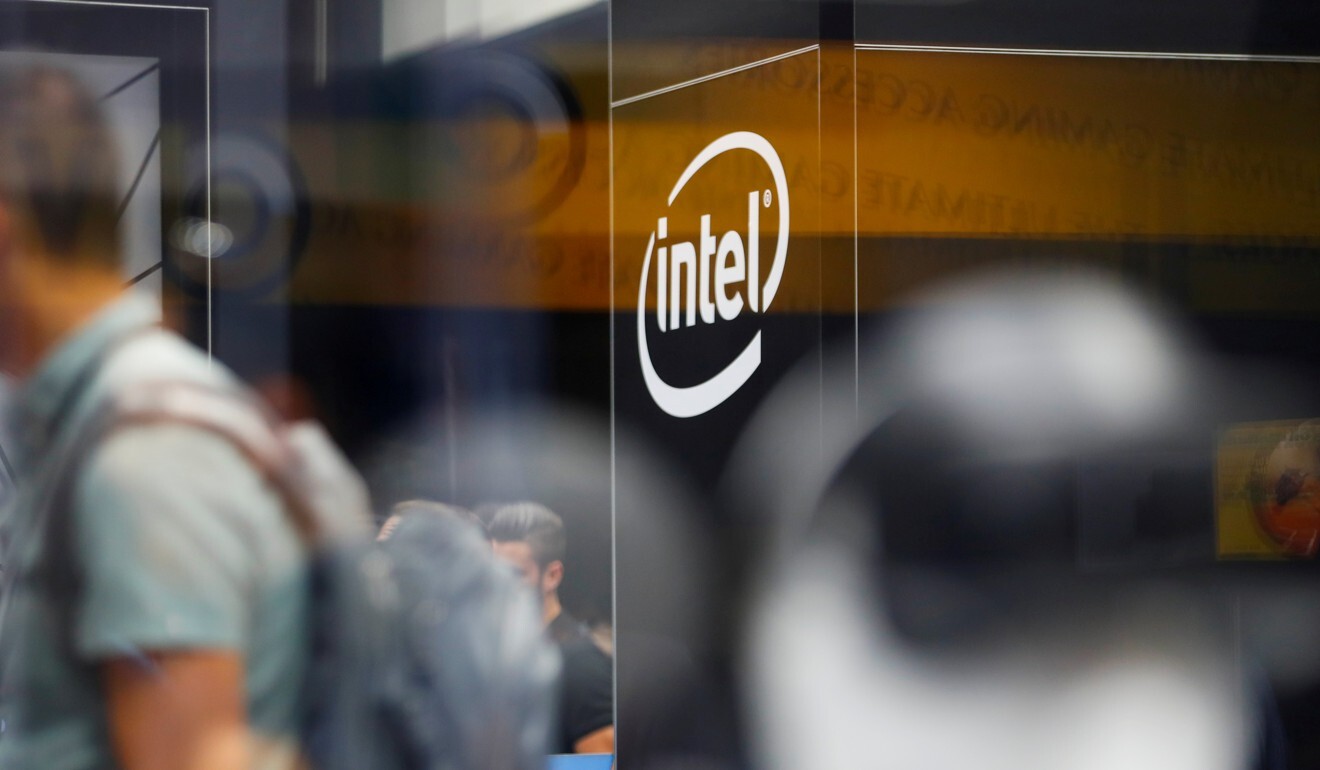
US-China tech war: Taiwan’s TSMC joins American chip coalition in another blow to China’s self-sufficiency drive
- Major world chip makers and buyers set up a new coalition to bolster American semiconductor industry
- New coalition may make it harder for China to achieve semiconductor independence from US technologies, analysts say
Taiwan Semiconductor Manufacturing Company Co (TSMC), the world’s biggest chip foundry, has joined a new lobbying group dominated by top American chip developers and users, in a move that may make it harder for China to wean itself off a US-led global semiconductor supply chain.
The Semiconductors in America Coalition (SIAC), which includes 65 major players along the semiconductor value chain, announced its formation on Tuesday with the immediate purpose of pushing the American government to provide subsidies for chip manufacturing on US soil.
It is dominated by American tech firms such as Apple, Microsoft, Google, and Intel, but also includes a number of Asian and European heavyweights in the semiconductor supply chain, such as TSMC and MediaTek from Taiwan, Samsung Electronics and SK Hynix from South Korea as well as Holland’s ASML, the only supplier of the advanced photolithography equipment used to make high-end chips.

While ostensibly created for lobbying purposes in the US, the coalition showcases US influence over the globalised semiconductor supply chain, and is likely to complicate Chinese government efforts to reduce the country’s reliance on US technologies, analysts said.
China’s chip self-sufficiency ambitions “continue to face headwinds from surging efforts in America to reshore and ring-fence semiconductor value chains and technology” said Alex Capri, research fellow at the Hinrich Foundation and lecturer at the National University of Singapore.
TSMC’s increased investment and participation in building leading edge 5-nanometer (nm) and even 3-nm chip manufacturing plants in America may increase the pressure on Beijing because it appears the Taiwanese company will not do the same in mainland China, Capri said.
“[It] will make China’s quest to boost its domestic chip sector even more challenging,” Capri said.
TSMC did not immediately reply to a request for comment.

The Taiwanese chip maker recently raised eyebrows on both sides of the Taiwan Strait after confirming last month that it would spend US$2.9 billion to expand its Nanjing plant, which uses mature 28-nm technology that is two or three generations behind the technology it plans to make in Arizona.
A number of Chinese commentators blamed TSMC for trying to dump mature products in China, while others in Taiwan raised questions about the company sharing valuable intellectual property with the mainland. Meanwhile, some industry experts said TSMC’s Nanjing expansion plans would be good for China, as there is strong demand for mature technologies.
Why has TSMC’s Nanjing expansion plan stirred up a hornets’ nest in Beijing and Taipei?
The Chinese government has been careful not to publicly criticise TSMC, even though the chip maker has cooperated with Washington in imposing technology restrictions on Chinese companies ranging from mobile phone giant Huawei Technologies Co to Tianjin Phytium, a chip designer for China’s supercomputers.
Stewart Randall, head of electronics and embedded software at consultancy Intralink, said it “makes sense” for TSMC to join the American semiconductor coalition as “everyone else is, and there is a chance of getting some money”. “China doesn’t quite have anything like this, something bringing together a broad coalition of companies throughout the world,” said Randall.

Randall added that the new coalition could help the US and its allies “to maintain a lead over China for longer”.
Among the 65 members listed on the lobbying group’s website, none of them is from China, although many have a large business presence in China, including Qualcomm, Broadcom, Nvidia, Arm, Cisco and IBM.
TSMC gears up for mass production of 3-nanometre chips
China is fighting to reduce its reliance on US technologies at almost every step of the chip making process – from design tools to equipment. It remains a work in progress though as even China’s leading chip manufacturer, Semiconductor Manufacturing International Corp (SMIC), is unable to produce 14-nm nodes chips or higher grades at scale.
This is partly because SMIC is currently unable to buy the most advanced photolithography equipment from ASML, which keeps it behind the likes of TSMC.

